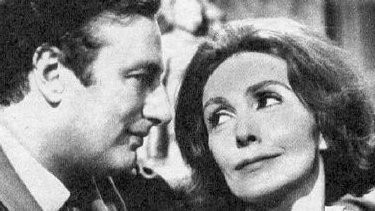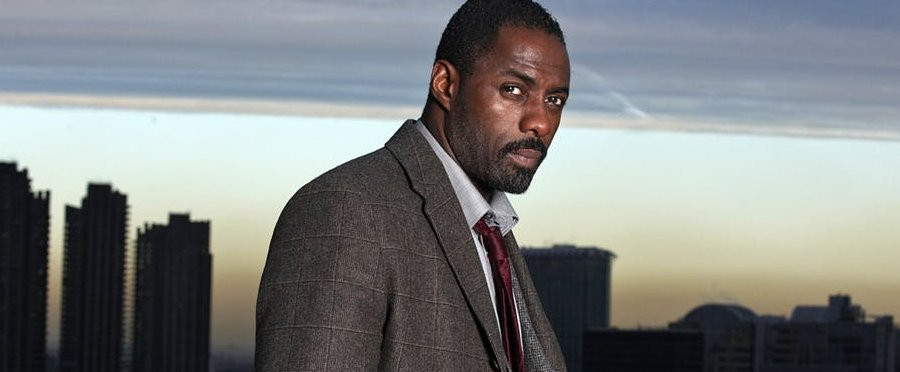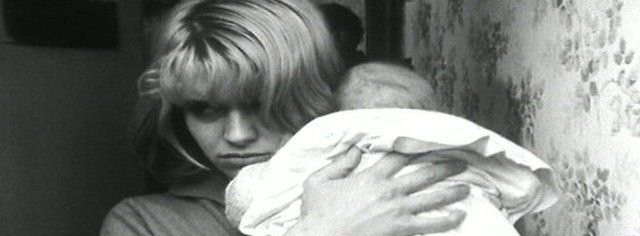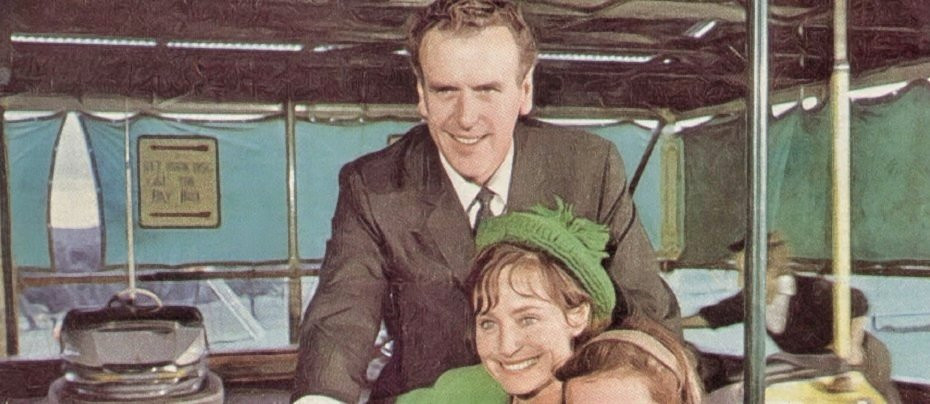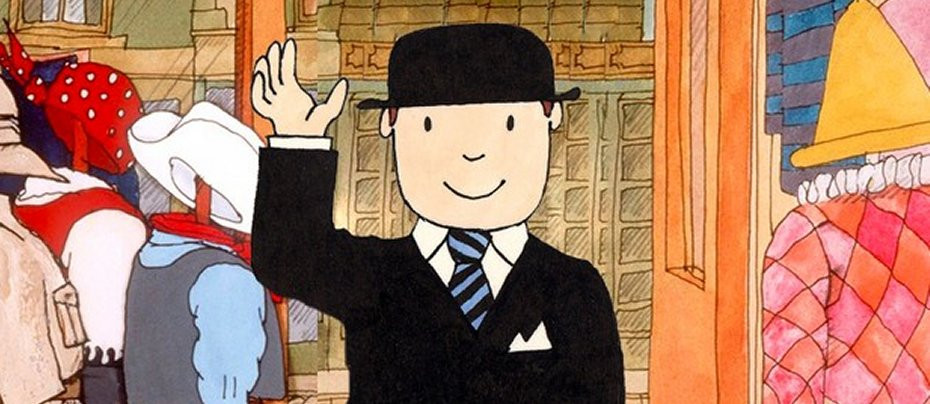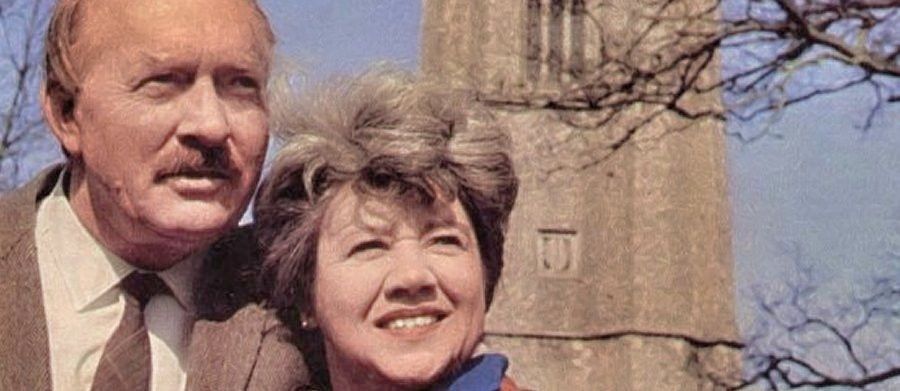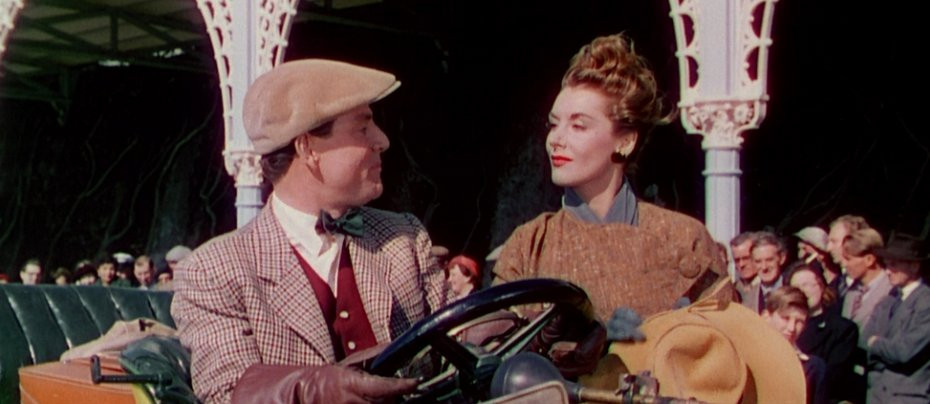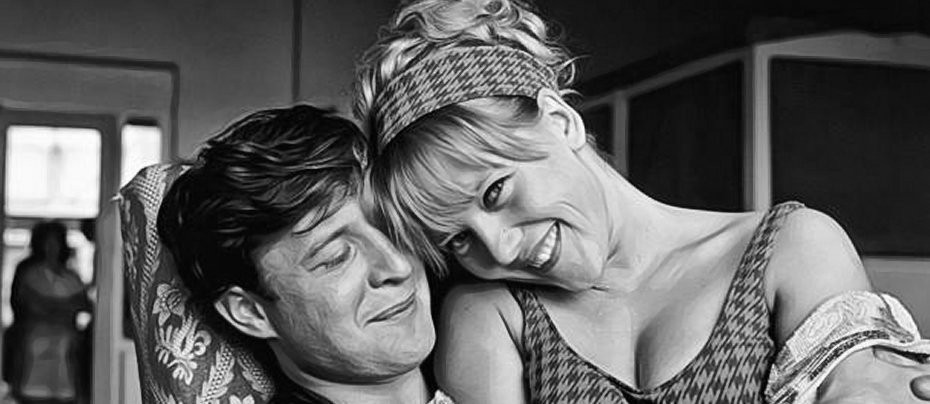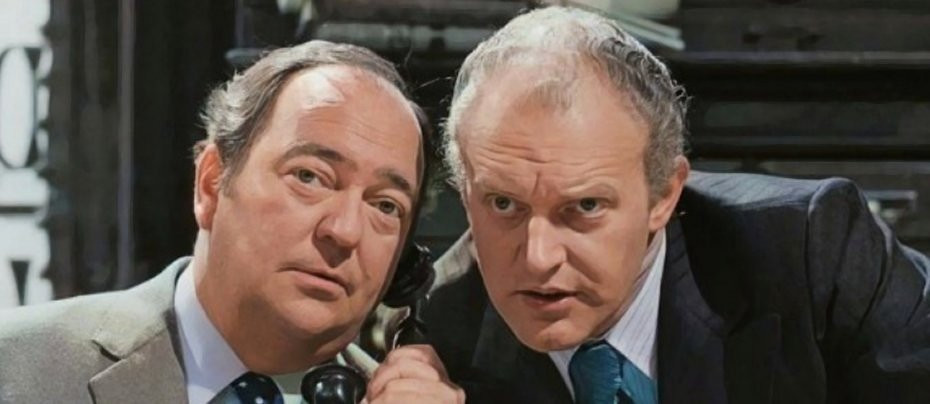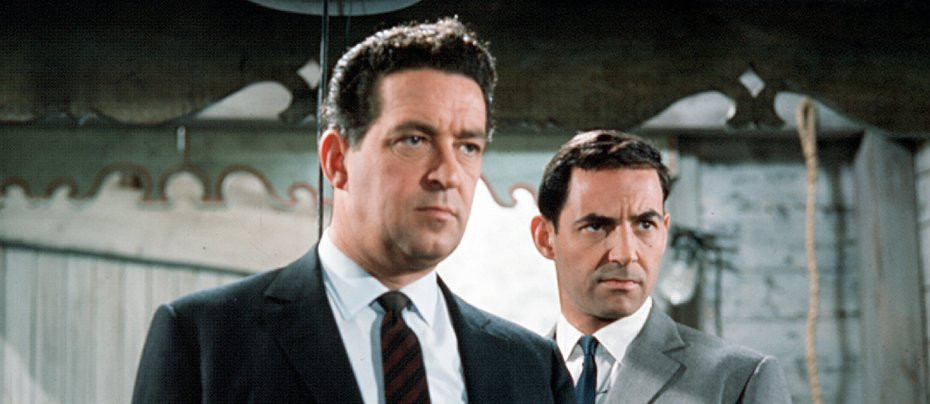
Solving Crime Gideon's Way
It might be because of the passing years, the well-dressed criminals or even just the black and white photography, but what was once presumably a hard-hitting series now has a cosy feel to it.
Gideon’s Way reviewed by Andrew Cobby
John Creasey was a man who believed in getting his money’s worth out of a typewriter. He wrote reams and reams of stuff including, under the nom de plume JJ Marric, a series of novels about Commander George Gideon, CID.
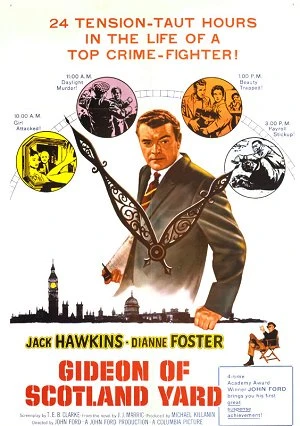
I first saw George Gideon being played by Jack Hawkins in Gideon of Scotland Yard, a film from 1958 directed by John Ford, no less. In the TV version of events, Gideon’s Way, he is portrayed by the always watchable John Gregson.
Originally airing on ITV between 1964 and 1966, Gideon’s Way was produced by Robert S Baker and Monty Berman on behalf of the wonderful ITC Entertainment. Whenever I see its distinctive three-diamond logo, I am immediately taken back to my younger days watching The Saint, The Champions and Captain Scarlet. ITC made all the best programmes - a triple diamond certainly worked wonders for me when I was a kid.
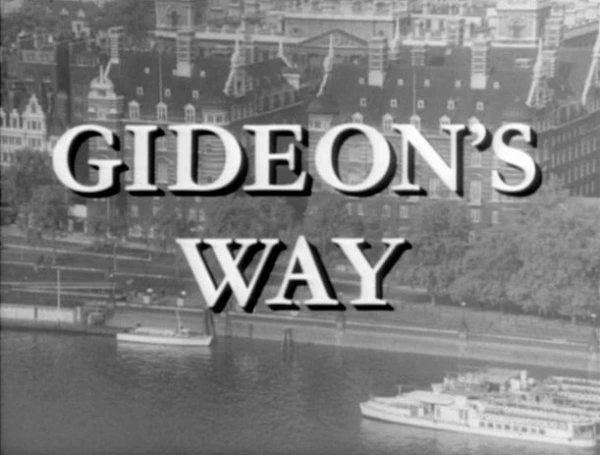
I don’t remember Gideon’s Way being repeated, unlike other shows from ITC such as The Baron, Man in a Suitcase and Randall and Hopkirk (Deceased). This may have been because Gideon was filmed in black and white, not that it would have made any difference to me as a kid because we still had a black and white TV set.
It was made for commercial television and shot on film which means that the picture quality is outstanding, particularly when compared to some of the BBC’s output at the time. You get what you pay for. Some of the old taped episodes of Steptoe and Son or Hancock’s Half Hour seem to have horizontal lines across the screen so that watching them is like assuming the role of a nosey neighbour, spying on events through venetian blinds.
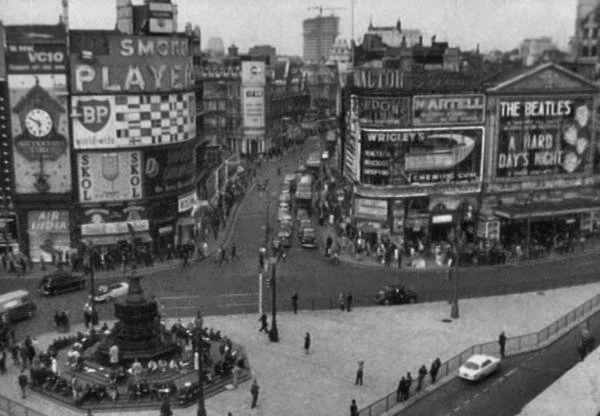
With its atmospheric shots of the streets of London, it is less claustrophobic than the version of police life depicted by its contemporary, No Hiding Place. We also get to see a glimpse of Gideon’s domestic arrangements.
Gideon is one of the few TV policemen to have relatively happy home life – when he is at home, that is. I am sure Mme Maigret would sympathise with Mrs Gideon over the number of dinners that have ended up in la poubelle. Being French, poor Mme Maigret would have taken all day to prepare and cook her husband something enticing like coq au vin avec champignons, gratin dauphinois et carottes a la Vichy which puts into perspective the half hour Mrs Gideon would have spent knocking up the good Commander’s sausage, egg and chips.
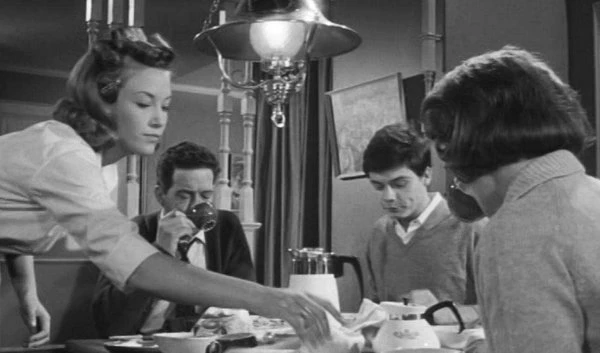
Just to round out Gideon’s character as a good family man there are three kids under his feet at home. The kids, two boys and one girl, provide the usual generation gap stuff by tying up the telephone line, borrowing on their pocket money and receiving unsolicited help with the homework.
Mrs Kate Gideon is played by Daphne Anderson. The only other thing I have seen her in is the excellent film Hobson’s Choice, in which she plays one of Hobson’s daughters. Her beau is played by Richard Wattis. So that’s the effete Richard Wattis, usually seen playing harmless civil servants and Sykes’s neighbour, trying his hand at portraying a blunt, no-nonsense northerner. I know actors become actors for the variety of roles on offer but I never saw that one coming.
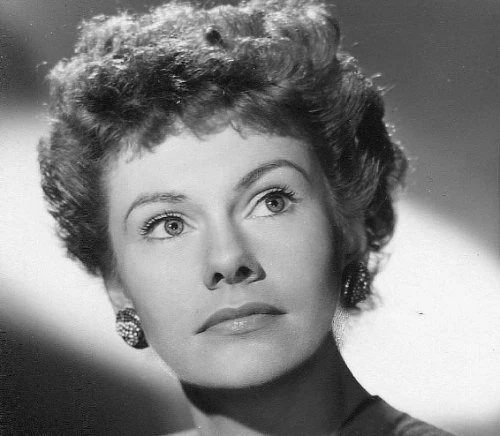
What a house Gideon lives in, except that nowadays we would call it a property. It is a huge detached residence which I wouldn’t attempt to navigate without a map and compass. It is without doubt the finest property owned by any publicly-funded policeman on British TV. My research, i.e. Wikipedia, tells me that it is situated in Tufnell Park, north London. Unfortunately, my research has not revealed whether it is still standing.
Each episode starts with an insistent theme tune composed by Edwin Astley and which, to my untrained ears, seems to borrow heavily from the theme from The Magnificent Seven. When the opening credits roll I always expect to see George Gideon park his horse outside the saloon instead of loitering outside the Great Scotland Yard building.
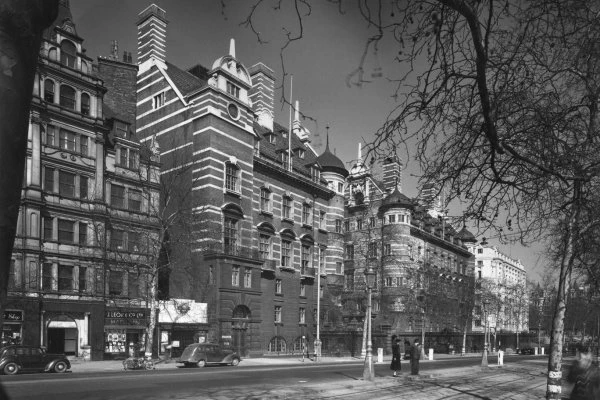
I was surprised to learn that the distinctive Great Scotland Yard building still stands. I assumed it had been knocked down years ago to make way for a McDonalds or a Wetherspoons. Part of the building is now a five-star luxury hotel or, at least, it was in 2019. I am not sure if the hotel, luxury or not, has managed to survive Covid but I hope it has.
In a previous work life I visited its replacement, New Scotland Yard, but I am afraid I couldn’t take my visit as seriously as I should have done – I kept expecting to see Mel Smith sitting at a desk turning the handle….
I would imagine the call to play Gideon would have come at an opportune time for Mr Gregson. He was a well-known name in British films in the 1950s but the dawn of the next decade would have been a worrying time.
Circumstances alter cases. TV may have been easier to resist when the film roles were still rolling in but the matinee idols were being replaced by edgier actors depicting life in all its kitchen sink glory. It would have been hard to resist the double whammy of appearing in living rooms on a regular basis as well as making the front cover of TV Times once in a while. It’s commercial television as well so the pay would have been better than what the BBC would have been prepared to offer.
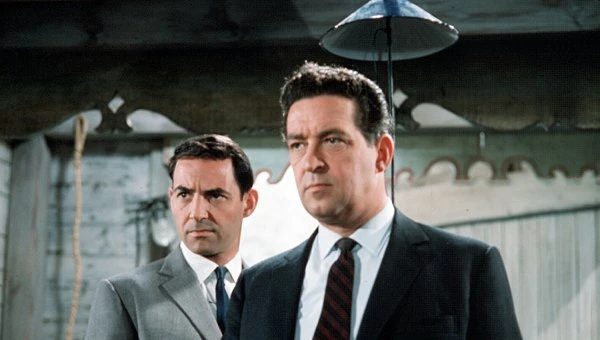
I think John Gregson’s talents were ideally suited to the small screen. He is a fabulous actor who comes across as likeable (which is not as easy as it sounds) and, in a down to earth sort of way, manages to convey the decent qualities that we all aspire to. I think of him whenever I watch Martin Shaw or Michael Kitchen and I can’t think of any higher praise than that, for all concerned.
I watched him recently in Dangerous Knowledge, a spy thriller series from Southern Television made in 1974. Don’t let Southern TV’s strange Elizabethan-sounding ident music put you off. This is an excellent six-parter in which John Gregson gets caught up in stuff way above his pay grade. Thicker set and with wilder hair than in his heyday Mr Gregson memorably portrays a world-weary character forced to dig deep to protect himself and his family. The ciggies, the whisky and the wardrobe are pure 1970s but the performance is timeless.
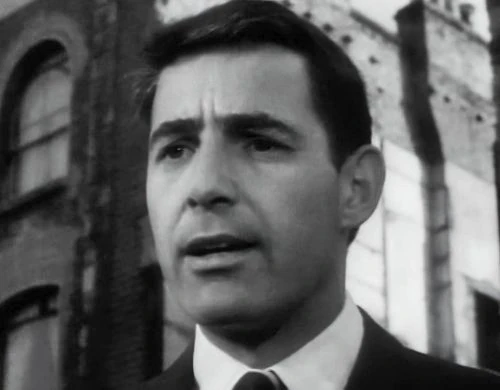
Not so timeless is the performance of Alexander Davion as Gideon’s sidekick Detective Chief Inspector David Keen. I understand that it would be pointless employing the services of a big name like John Gregson only for him to be out-muscled by his co-star but there’s no excuse for the lack of oomph in Keen’s personality. His blank, expressionless stare over the opening credits is key to an understanding of his character. It is difficult to tell in black and white, of course, but I would be very surprised if the mac he wears throughout the series is any colour other than beige.
The impression I get from Gideon’s office is that there are too many chiefs and not enough Indians.
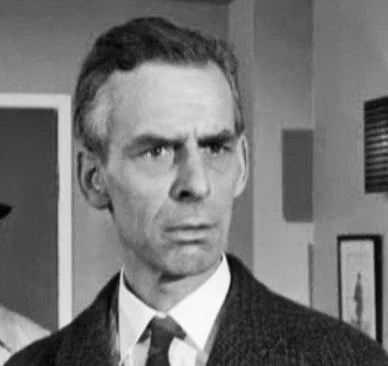
Cluttering up the workplace are Chief Superintendent Joe Bell played by Ian Rossiter and, one rung down the ladder, Superintendent ‘Lemmy’ LeMaitre, played by Reginald Jessup. The Chief Super doesn’t seem to do much except sit at his desk outside Gideon’s office waiting for the day when the only policing he has to do is watch Dixon of Dock Green on a Saturday evening.
At least Lemmy has the decency to rush in and rush back out every now and then to at least give the impression that he’s contributing to keeping London’s streets safe for its law-abiding citizens. It’s a damn shame that he didn’t earn his nickname through asking his colleagues to ‘lemmy a fiver till payday’ in the style of the late, lamented lead singer of Motorhead. Come to think of it, it’s a pity he didn’t strut through the corridors wearing a black cowboy hat and shades singing The Ace of Spades. It would have made him more interesting, anyway.
With a surname like LeMaitre he wouldn’t be out of place across the Channel assisting Maigret with his enquiries. If he did spend the day working in la belle France you can be sure he would still manage to make it home to Blighty in plenty of time for his tea. You can forget about the Chief Super - he knocked off at lunch time.
In a pleasing synchronicity – it pleases me anyway - Reginald Jessup turns up as a completely different, hopefully more committed, police officer in an episode of Maigret from 1963.
Gideon’s Way is a great series, though. It moves along at a fast pace, has some evocative shots of London and its environs and has some memorable guest stars. You needn’t have any qualms about the writing because the scripts are in the safe hands of Harry W Junkin.
My favourite bits are when the plot takes a back seat so that Gideon can show his velvet glove and his iron fist by bestowing a heartfelt ‘Well done’ to an underling or, conversely, administering a good telling off. It is a simplistic ploy but it’s fun to watch. It is a wonder that Chief Super Joe and Lemmy escape censure from the great man. Perhaps they have something on him.
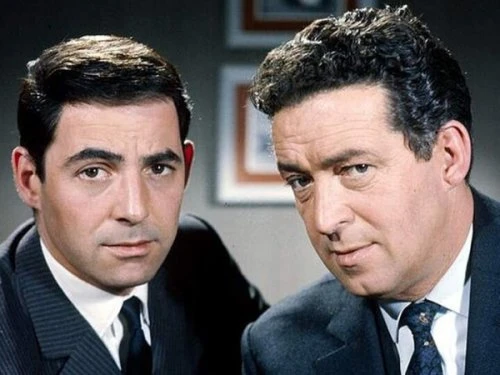
Gideon fancies himself as a bit of a hard man but, for all John Gregson’s acting skills, he is no more convincing as a ball breaker than Jack Hawkins is in his big-screen incarnation. If there was a last man standing king of the ring event for all the tecs in TV land I’m pretty sure he would be the fourth one out over the ropes, right after Miss Marple, Ironside and Maggie Forbes from The Gentle Touch. And if you were to push me on who I think would win the thing then, I’m sorry, but I can’t see any further than Jim Taggart.
I think the stand-out episode of Gideon’s Way is The Wall. As austere an episode as you could wish to see, it is a tale of avarice, envy and murder. It benefits from a great, nervy performance from the wire-haired John Barrie. He doesn’t stay still for a second as the murderous landlord who does in the lodger whose Pools win of £720 was just too tempting to resist.
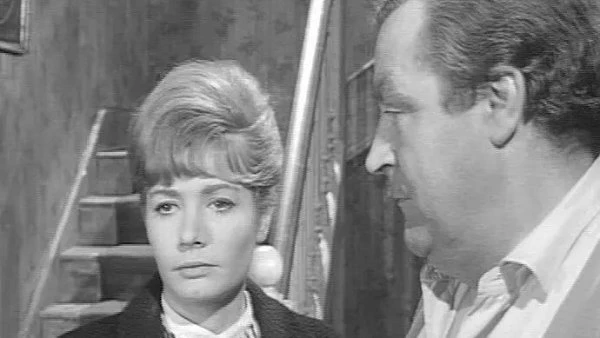
He is assisted in his schemes by cuddly Megs Jenkins as his put-upon wife. Ms Jenkins is a great actress, as comfortable in the crinolines of the Brontës or Dickens as she is in modern dress. I won’t give away the significance of the title of the episode, except to say that the house she inhabits with Mr Barrie is a very bleak house indeed.
There is a moment in this episode when the landlord warns his wife to keep her mouth shut, otherwise the noose awaits both of them. It’s easy to forget that the death penalty is still within touching distance. The episode first aired in March 1965 and the last hanging in the UK took place in August 1964 and no doubt the issue of capital punishment was still exercising the minds of the nation.
Surprisingly, the not particularly des-res operated by the couple appears to be bang in the middle of street of highly desirable residences. I don’t mean to project my 21st century sensibilities onto the good old 1960s but, when Gideon sets foot inside the neighbour’s house, I wonder if he says to himself ‘Not bad, but it isn’t a patch on my property’. Well, he wouldn’t be human if he didn’t, would he?
Possibly the real reason for singling out this episode is to highlight a rare TV appearance from John Landry, aka Turtle from Turtle’s Progress. Billed here as ‘John F Landry’ (the F stands for Francois, apparently – who knew?) he puts in a couple of brief appearances as the murdered lodger’s workmate who puts the cops on the right path.
I have mentioned this before, most recently in a piece on Wycliffe, but Turtle’s Progress is one of my favourite TV memories. I am reluctant to watch it again out of fear that it won’t be as good as I remember. The chances are that it won’t be and there are two reasons for this – it was made in the late 1970s and I was at a very impressionable age when I watched it. One day I will have to grasp the nettle, buy the box set and re-evaluate it. And when I do, don’t worry, I’ll tell you all about it.
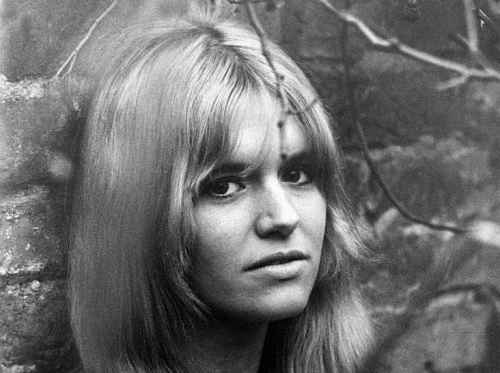
The Rhyme and the Reason features Carol White. Now there’s a face you don’t forget, similar to Michael Balfour’s only for opposite reasons. Some actresses have bland beautiful faces that I can see once and not recognise again. Ms White’s face is memorable, probably because of its openness and vulnerability. It’s hard to watch her without feeling sadness at the way her life and career unravelled. Anyway, we can admire her here, before real success got to her.
I had only ever seen that bit from Cathy Come Home that they always show, the segment where her kids are being taken from her. I watched the whole play when it was shown on BBC4 a few years ago. It is a great piece of film making but it is not an easy watch. Ken Loach’s film is a frank and brutal depiction of how quickly a family can go from managing to struggling to complete destitution. The most shocking aspect of it all is that it is still relevant now.
I have heard Ms White referred to as the Battersea Bardot, and also the blonde pop artist and part-time actress Pauline Boty labelled as the Wimbledon Bardot. I have often wondered whether the reference to Ms Bardot was a contemporary one or a glib creation of some blogger years after the event.
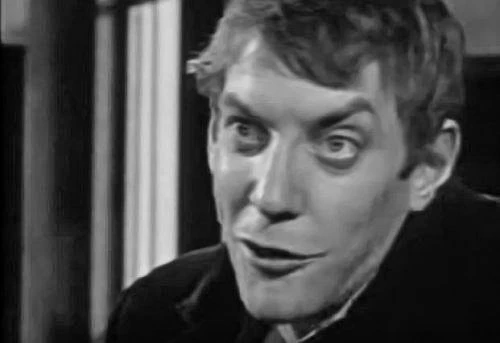
Being compared with Brigitte Bardot is onerous enough but imagine being saddled with ‘the Canadian James Dean’. Such a fate befell Don Borisenko who appears as the smooth-talking villain in the episode The Millionaire’s Daughter. I have commented previously on the number of antipodean actors plying their trade in British film and TV in the 1960s and, well, there were more than a few Canadians as well. Joining Mr Borisenko in this instalment is Donald Sutherland, as his mildly unhinged sidekick, and Miss Moneypenny herself, Lois Maxwell as a concerned mother.
Perhaps you had to be there to appreciate Mr Borisenko’s aura because I don’t think he has much of a facial resemblance to James Dean. He looks more like the Canadian Everly Brother. If Don and Phil ever needed a supplementary Don he would have been the ideal candidate. He wouldn’t even have to have much of a singing voice – the Evs have more than enough of the sweet stuff to cover for him.
A less harmonious pair of brothers loom large in The Reluctant Witness. This is a tale of snitches getting more than stitches and a half-hearted attempt at witness prosecution, both as a result of a car-ringing scam. The terms ‘car-ringing’ or ‘scam’ are never used, and Gideon and Keen’s meticulous description of the crime suggests that the viewing public would have been as unfamiliar with the crime as the language we now use to describe it.
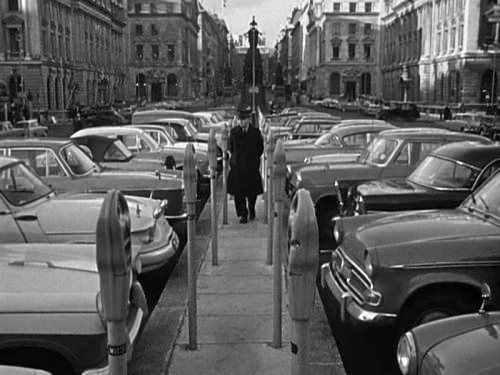
There are some atmospheric shots of suburban London, its streets filled with Wolseleys, Singers and Zephyrs just waiting to be twoc’d by the Carter brothers. One of the brothers is played by ex-Caveman and ITC stalwart Mike Pratt who gets another crack at playing a thug in the episode Fall High, Fall Hard.
If you listen closely enough you can sometimes hear the ebb and flow of the English language. Just as the modern terms ‘car-ringing’, ‘scam’ and ‘twoc’ would mean little to anyone in the 1960s, a term like ‘firebug’ seems quaint and old-fashioned to our modern ears.
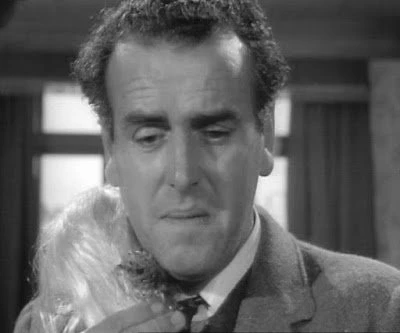
The Firebug is the title of an episode featuring George Cole as an arsonist whose mind has become unbalanced by the deaths of his wife and daughter in a house fire. If such an episode were made today it would be called something like Twisted Firestarter.
Gang War features Ray Brooks, Carol White’s co-star in Cathy Come Home, as a gang leader in dispute with another gang. Ronald Lacey is the leader of the other gang which could, possibly, be made up of the oldest teenagers in town. This is a good episode which boasts a steely performance from Jane Merrow as Ray Brooks’ wife, Lollo Romano. What a great name that is. If you’re hitched to a woman called Lollo you know you’ve got your hands full. Whereas Brooks and Lacey need their gangs with them to cause trouble, Lollo creates havoc all on her own.
I like Ray Brooks. To viewers of a certain age, like myself, he will always be Mr Benn. I remember watching Big Deal for the first time years ago and, as soon as Mr Brooks opened his mouth I said ‘That’s Mr Benn, that’s Mr Benn’.
When excited I say things twice.
And, sure enough, Mr Brooks is the man behind the narration and vocal characterisations of this memorable children’s programme. The cowboy episode was always my favourite.
I had a similar experience watching The Shining after hearing the instantly recognisable tones of the janitor. I jumped up and shouted ‘That’s Hong Kong Phooey, that’s Hong Kong Phooey’. It certainly is. Scatman Crothers is the chap’s name. I must admit, I didn’t care for any of the other characters in The Shining but I was heartbroken when the janitor copped it.
There is always time for one more – I was watching Destry Rides Again years ago and the voice of one of the cowboys instantly spoke to me. ‘That’s Officer Dibble, that’s Officer Dibble’. A quick flick through IMDb revealed that the cowboy and the scourge of Top Cat were one and the same – an actor operating under the name of Allen Jenkins.
I have correctly associated a voice to an animated character three times in my life and I am happy with this strike rate - any more and the experiences would be less cherishable.
I am a proud Teessider and it’s always a pleasure to spot an actor from Teesside. There are so few of them. Patrick Durkin plays Ronald Lacey’s sidekick Lefty. Alert readers will know by now how I reacted when I spotted Mr Durkin. He has a few lines of dialogue but, disappointingly, there is no trace of a Teesside accent. You can also see him lurking in the background of Carry Ons Cabby, Cowboy and Spying. He is easy to spot, just look for the chubby bloke with the cherubic face and the dark curly hair.
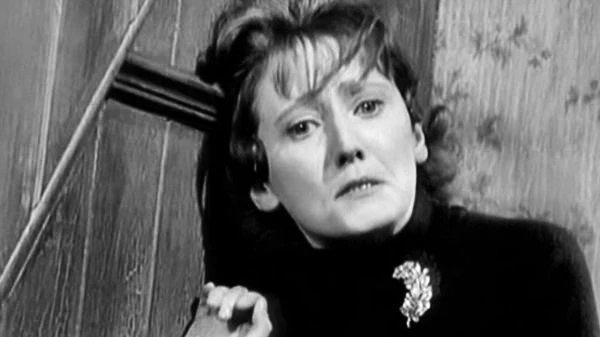
Big Fish, Little Fish features Carmel McSharry as a manipulative mother who browbeats and sometimes just beats her young son into pickpocketing. This episode gets bonus points for its scenes of busy street markets and for providing a sighting of the lesser spotted Mrs Bridges from Upstairs, Downstairs. The location shooting was probably done to save money but it provides a tantalising snapshot of how we used to live.
Ms McSharry also appeared as Beryl in Beryl’s Lot which used to terrify me when I was younger. Set in a world of dominant females and feckless males, every episode seemed to concentrate on how we were all doomed because of the triple threat of population explosion, famine and nuclear war. At least the nuclear war would help to thaw the coming ice age that was predicted by just about every scientific programme of the 1970s.
It might be because of the passing years, the well-dressed criminals or even just the black and white photography but what was once presumably a hard-hitting series now has a cosy feel to it. If Z-Cars helped to spawn gritty shows like The Sweeney, I think sometimes Gideon’s Way was a progenitor of Midsomer Murders. It seems to depict simpler times but, then again, things were still probably as messy and complicated as they are now. Either way, it would be very nearly a pleasure to be beaten up by thugs with such quaint names as Lefty, Cowboy and Weasel.
Published on December 24th, 2022. Written by Andrew Cobby for Television Heaven.


